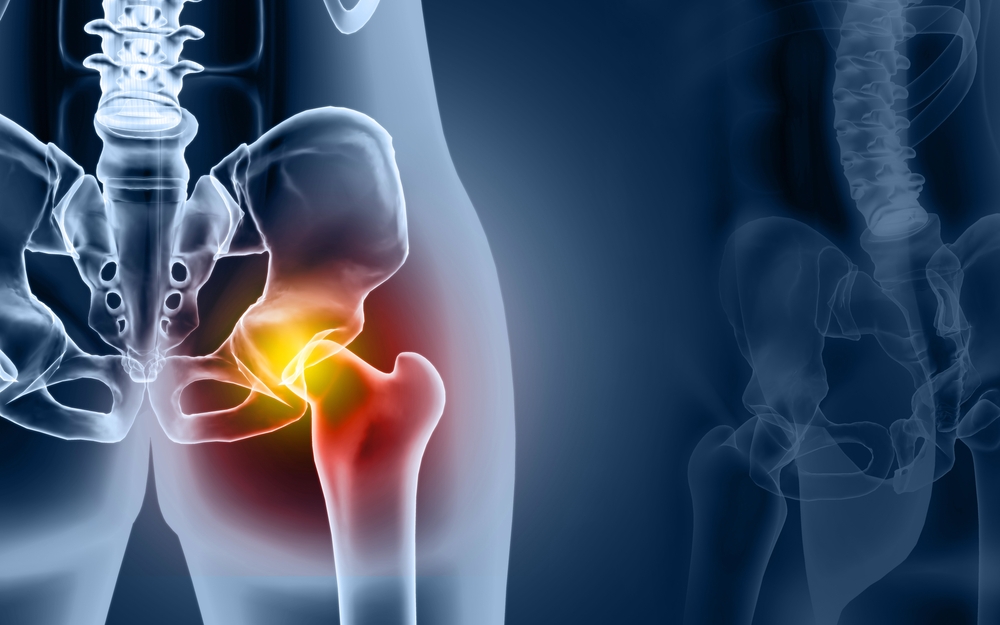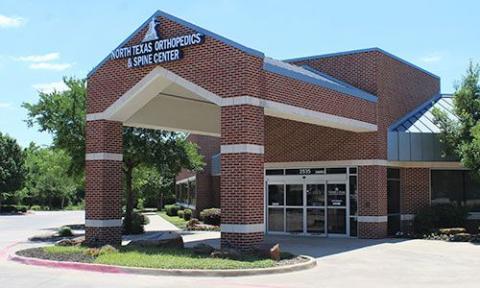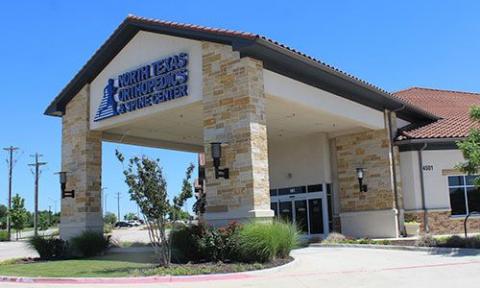


See why our patients love our physicians, quality of care, and amazing results.
*Based on Independent Market Research



What are the signs and symptoms of a hip condition that requires medical attention?
Common signs and symptoms of a hip condition include persistent pain in the hip, groin, or thigh; stiffness or limited range of motion in the hip joint; difficulty walking or bearing weight on the affected leg; and a "locking" or "catching" sensation in the hip. If you experience any of these symptoms, it's important to consult with a hip doctor for an accurate diagnosis and appropriate treatment.
What can I expect during my initial consultation with a hip doctor?
During your first appointment, your hip doctor will review your medical history, discuss your symptoms and concerns, and perform a physical examination of your hip. They may also order diagnostic tests, such as X-rays, MRI, or CT scans, to better understand your condition and develop an effective treatment plan.
What are the non-surgical treatment options for hip conditions?
Non-surgical treatment options for hip conditions may include physical therapy, pain management techniques, medication, and injections. Your hip doctor will recommend the most appropriate non-surgical treatments based on your specific condition, symptoms, and goals.
How do I know if I am a candidate for hip surgery?
If conservative, non-surgical treatments fail to provide adequate relief from your hip pain or other symptoms, your hip doctor may recommend surgery. The decision to proceed with surgery will be based on a thorough evaluation of your condition, your overall health, your age, and your personal preferences.
What is the recovery process like after hip surgery?
The recovery process after hip surgery varies depending on the type of procedure performed and the individual patient. In general, you can expect some pain and discomfort in the days following surgery, which can be managed with medication. Your hip doctor will provide you with detailed post-operative instructions and guide you through the recovery process, which may include physical therapy to help you regain strength, mobility, and function in your hip. The length of recovery can range from a few weeks to several months, depending on the extent of your surgery and your overall health.
© 2024, North Texas Orthopedics & Spine CENTER. All rights reserved.